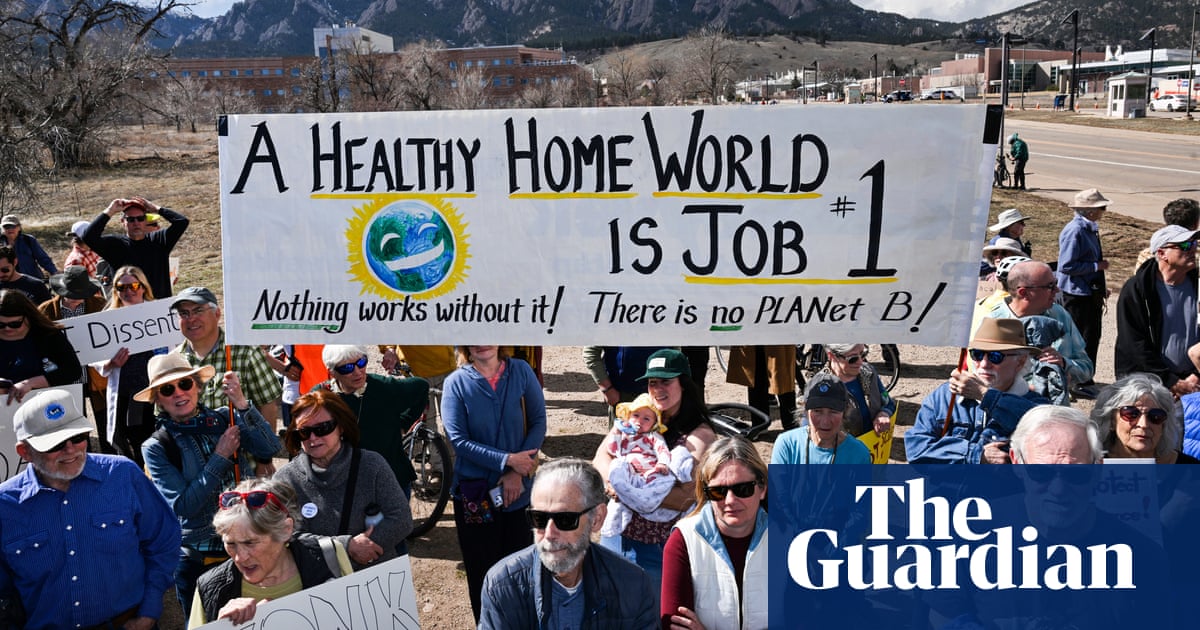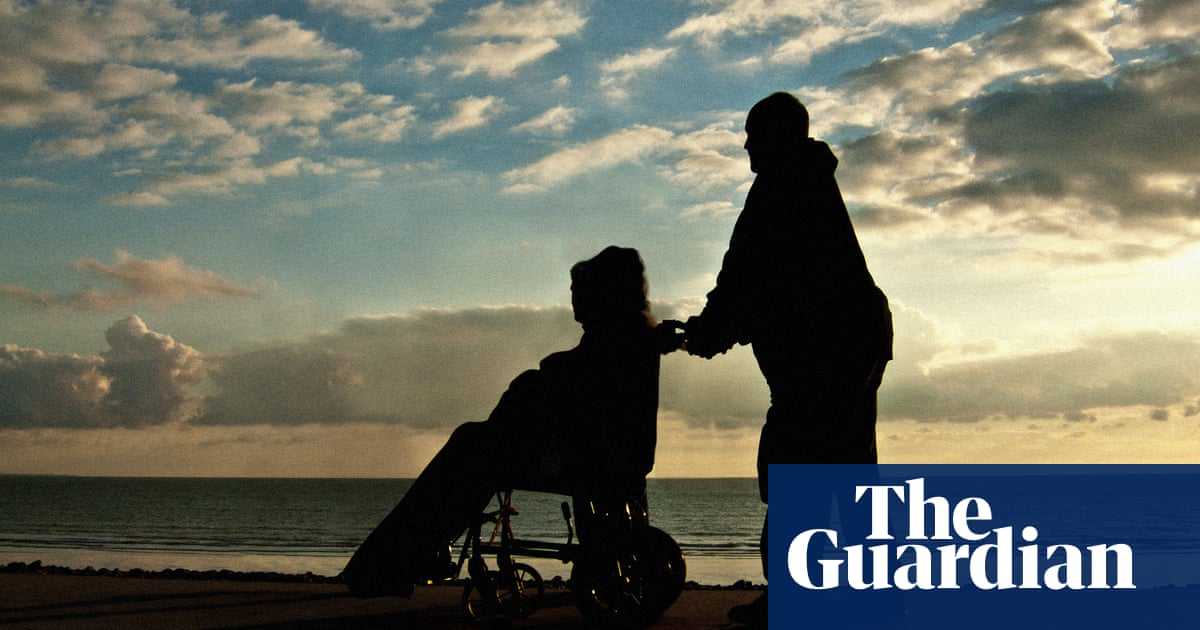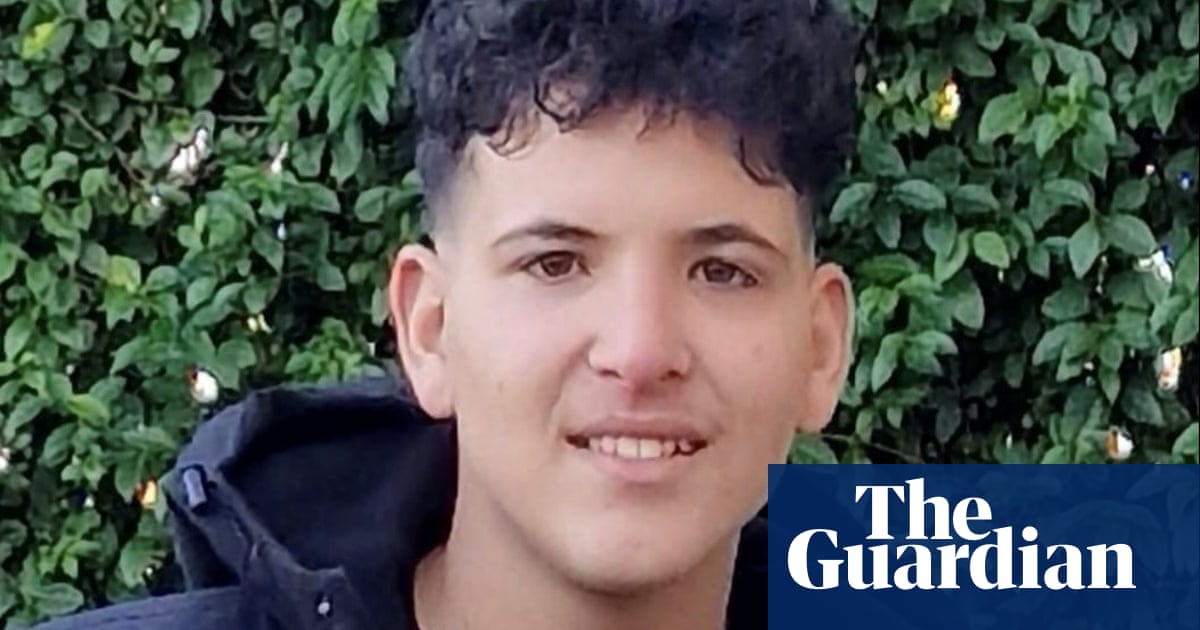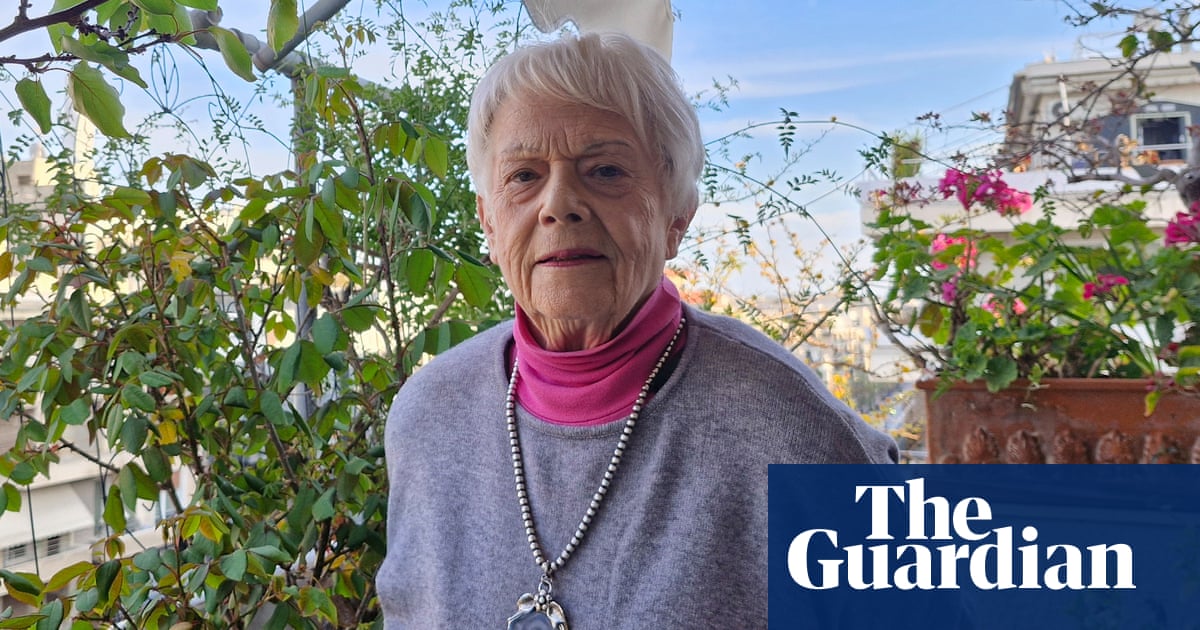Winston Jones has worked hard to rebuild his life after Home Office errors meant he was unable to return to his family in the UK for 10 years after taking a short holiday in Jamaica in 2005, enduring a decade of near destitution and homelessness in Kingston.
Jones, 64, a former bakery manager at Sainsbury’s, has used the money he received from the Windrush compensation scheme to set up a podcast studio and music recording unit in Manchester, working with his son to create opportunities for local young people.
But he felt so traumatised by the experience of being wrongly classified as an immigration offender and locked out of the country that had been his home for 32 years that, even after the government had apologised for the Windrush scandal, he almost didn’t apply for compensation. Initially, he felt too frightened to contact the Home Office to try to get documentation proving his immigration status, because he thought there was a risk he would be arrested.
“I didn’t trust the system. I thought they were trying to trap me,” he said, explaining that he turned around and walked back to the train station as soon as he saw the words “immigration centre” above the door of the building.
His unease was justified. After 10 years of repeatedly being prevented by British officials from returning to his five children in the UK, Jones managed to fly home from Jamaica in 2015, having secured a temporary tourist visa. But even back in London, he struggled to resolve his immigration status. In 2017, a team of Border Force officers mounted a dawn raid on his daughter’s home, where he had been visiting, hoping to arrest him as an overstayer. He was elsewhere, but officers searched his grandchildren’s bedroom looking for him, terrifying the entire household.
He met the migration minister Seema Malhotra on Friday, speaking for the first time about his experiences, in an attempt to persuade more people affected by the Windrush scandal to come forward to claim compensation, as the government launches a £1.5m fund to support applicants, in recognition that many may still feel very nervous about meeting Home Office staff.
Jones was managing the bakery at a large Sainsbury’s in Winchmore Hill in north London when he decided in 2002 to go on holiday to Jamaica. He had not travelled there, or taken a flight anywhere, since leaving Kingston in 1973 as a 13-year-old to join his mother, who was working as a nurse in the children’s ward of a hospital in Stockport, and his father, who was working in the nearby iron foundries.
The first time he travelled in 2002, he experienced no difficulties; the second time, he was told he would need to get a stamp in his Jamaican passport confirming that he had the right to live in the UK. When he tried to do this at the Home Office’s Croydon headquarters in 2005 before a third visit, an official told him he wasn’t on the computerised system. Jones explained that this was because he had arrived before computers were in use. A second official advised the first that he should go and search for Jones’s file in the archives.
“He said something like: ‘I haven’t got time to go to the archive,’” Jones said. (These archives were later destroyed in 2010.) Instead, Jones was told (wrongly) that he would need to visit UK consular officials in Jamaica to get the paperwork in order.
When he travelled there, he was unable to get an appointment at the High Commission during his booked holiday period. British Airways staff refused to let him board the flight home. Jones was told to stay in Kingston to try to get a stamp in his passport, confirming that he was a returning resident. When he managed to see them, officials requested that further documentation be sent from the UK. It took several months for his marriage certificate, son’s birth certificate and his school records to be sent over. For reasons that are not entirely clear, staff told him that this was still insufficient proof and that by that point he had exceeded the number of consular appointments he was eligible for.
The British officials were “really nasty”, shouted at him and suggested he might have secured the paperwork through criminal means, he said.

He lost his job with Sainsbury’s when he was unable to return home. “They thought I had gone on holiday and just not come back, and they stopped taking my calls,” he said. His children, who were aged between two and 18 when he was first refused the right to return home, were living in Manchester, while he had been renting a flat in London. His flat was emptied and his car disappeared.
“I played sports all my life and I had about 90 trophies and certificates – boxing, cricket, badminton, football. It all went, everything I owned, except what I had in my suitcase,” he said.
He had no family in Jamaica and so was forced to sofa surf, and sometimes had to sleep on the beach with Kingston’s homeless community. “There were low times,” he said, with powerful understatement. “I tried to stay positive; I really hung on to a sense of hope that I would be able to return home one day.” His eldest daughter tried to find a lawyer who would offer affordable legal advice; after a decade, she found someone who told him to apply for a tourist visa and he was able to return. However, he was unable to regularise his status until the Windrush scandal became a political issue in 2018.
“I lost absolutely everything. Nine grandchildren were born while I was away. I missed my children’s 16th, 18th and 21st birthdays, all the important milestones. My children suffered a lot too.”
When he was stranded in Jamaica he had a recurring dream about flying home. “The plane would always crash, that was the dream I kept having for 10 years,” he told Malhotra during the minister’s visit to his Manchester studios. “When I came back on the tourist visa, which expired after six months, that dream was reversed. I dreamed every night that I was being forced to fly back. I was a fugitive for three years; I was up on my toes ready to go.”
He said victims of the scandal needed counselling as well as financial compensation for lives ruined by the Home Office’s errors.

 1 day ago
10
1 day ago
10













































